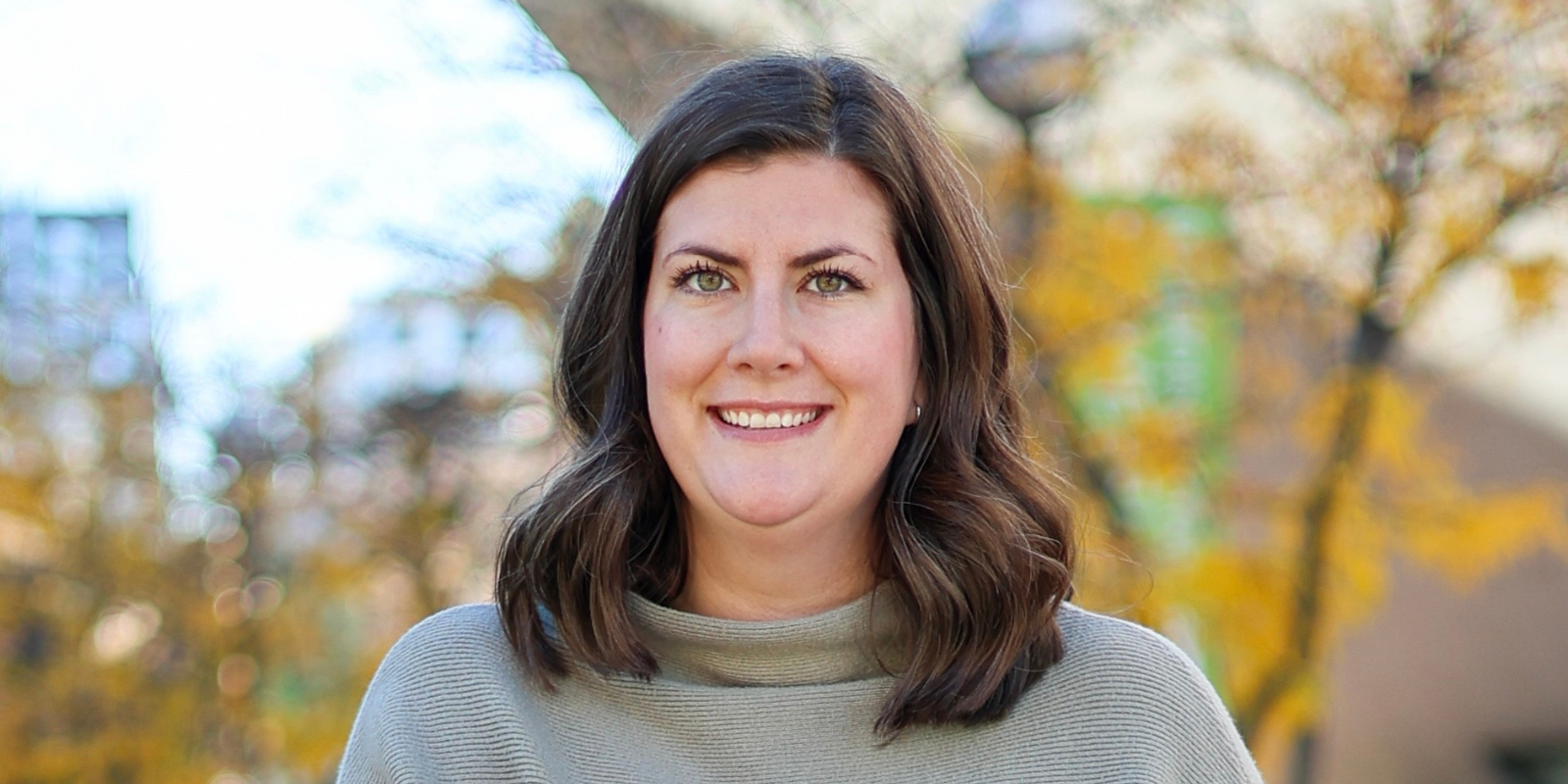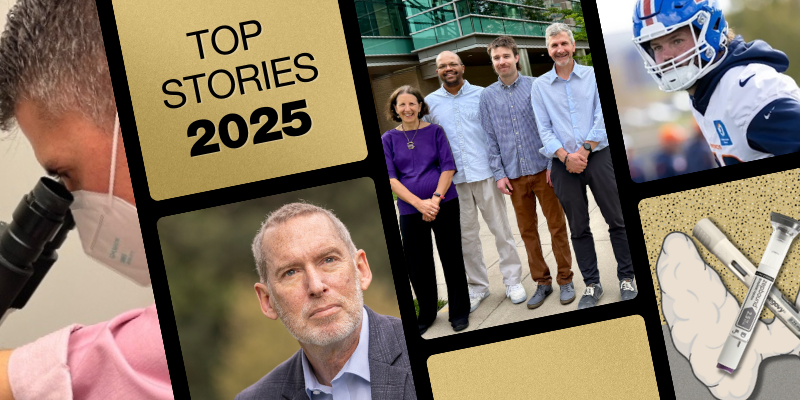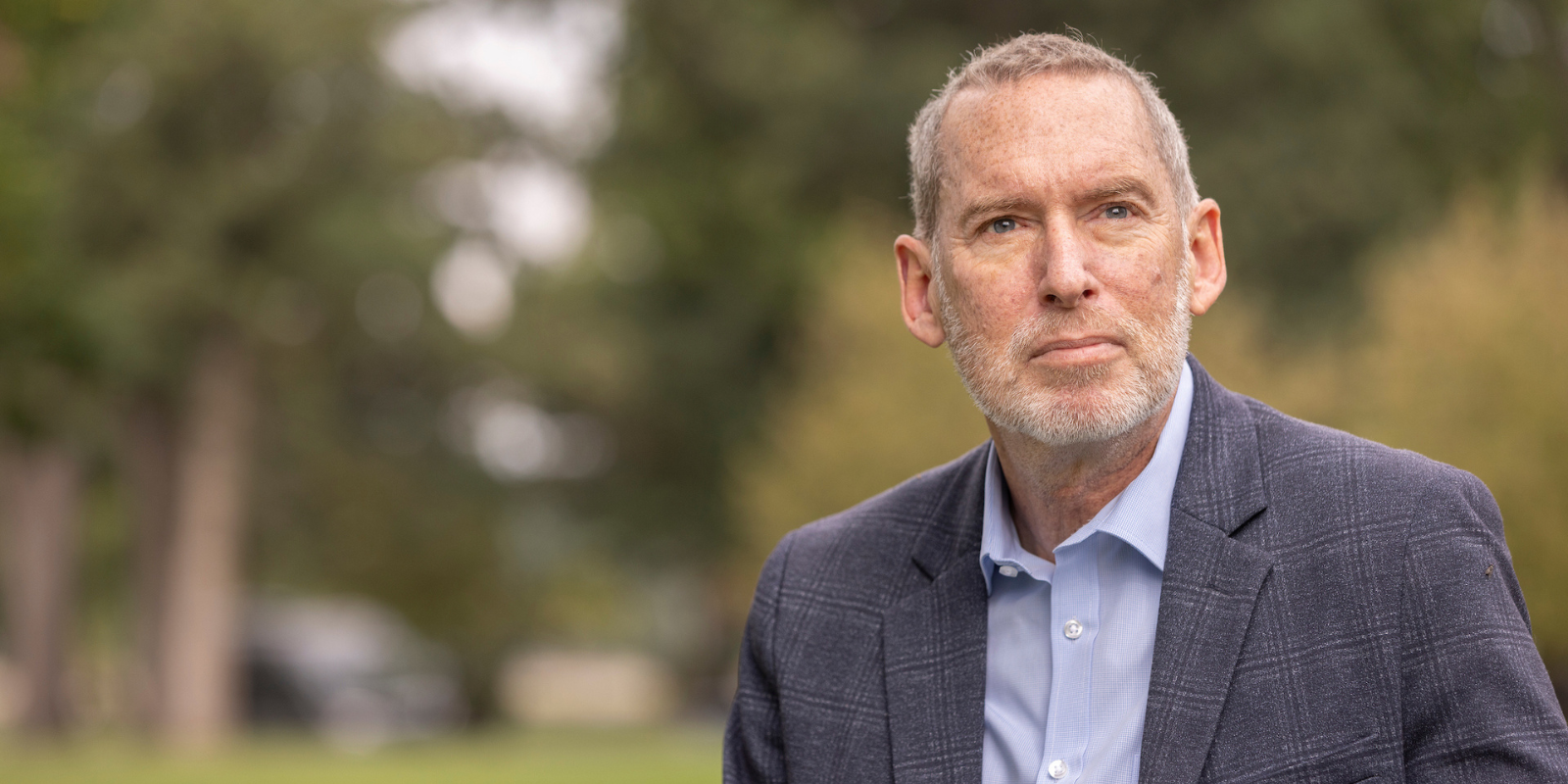Despite the growing threat of the Delta variant, many Americans who have been vaccinated against COVID-19 are living life much as they did pre-pandemic — traveling, shopping, going out to eat, and forgoing masks in many situations.
For vaccinated immunocompromised individuals, however — including cancer patients who are undergoing chemotherapy — physicians are still recommending masks, social distancing, and other precautions as evidence mounts that the COVID-19 vaccines aren’t as effective for those with compromised immune systems.
“It’s a very frustrating and challenging situation for our patients,” says CU Cancer Center member Jonathan Gutman, MD. “It’s very challenging to be going through all that they’re already going through with their cancer treatment, and then having others being able to get out of this COVID-19 mess and them feeling like they’re still stuck in it.”
There is good news, however: The FDA today approved vaccine boosters for the immunocompromised, including cancer patients undergoing chemotherapy.
“If there’s reason to believe that a booster might offer a benefit to a population, the likelihood that’s going to cause additional problems is significantly lower than the potential benefits associated with it,” Gutman says. “The community that addresses patients who are immunocompromised is pretty comfortable with the notion we should be doing boosters.”
A serious warning
On July 22, the U.S. Centers for Disease Control and Prevention (CDC) warned people who are immunocompromised that the COVID-19 vaccine may not be as effective for them, and encouraged them to take precautions as if they were not vaccinated.
“People who are immunocompromised should be counseled about the potential for reduced immune responses to COVID-19 vaccines and to follow current prevention measures (including wearing a mask, staying six feet apart from others they don't live with, and avoiding crowds and poorly ventilated indoor spaces) to protect themselves against COVID-19 until advised otherwise by their healthcare provider,” advised the CDC’s website.
A reduced response
The reason for the reduced response has to do with the way vaccines work, Gutman explains. Vaccines in general expose the body to some portion of the virus so the body sees it and can start to mount an immune response and be prepared if it encounters the virus. Because chemotherapy weakens the immune system by design, an immunocompromised patient on chemotherapy can’t mount the same immune response as a person with an uncompromised immune system.
How to protect yourself from COVID-19:
|
“It may not generate the response that can be then called upon if someone is subsequently exposed to the virus in real life,” says Gutman, associate professor of hematology at the CU School of Medicine. “There is very clear emerging data that in immunocompromised patients who are vaccinated, we are seeing more breakthrough infections and more serious infections potentially causing hospitalization and even death in them than we are in other populations.”
This is one of the reasons physicians urge everyone to get vaccinated — even young people who are unlikely to be sick.
“If there’s high incidence of COVID in the community, there’s just a lot more chance of being exposed to it, whereas if it’s low, there’s a lot less chance you’re going to have a problem,” Gutman says. “In Denver, we’ve done a pretty good job of getting vaccinated, and incidences have dropped in our patient population, but the problem is that our patients can’t have the security that most people who have been vaccinated can have that if they get it, they’re going to be OK.”
Boosters on the horizon
With the FDA approval of booster shots for immunocompromised individuals, the U.S. joins countries like Germany, Israel, Russia, and others that already have begun giving a third shot to those with compromised immune systems to make them more resistant to COVID-19. Even so, questions remain about just how protected immunocompromised patients will be. Safety measures will likely remain in place until the virus is well under control.
“If we can really drive down the community spread of the virus and get it totally under control, maybe we can start backing off on the masks and the social distancing,” Gutman says. “Obviously this is an individual decision for individual patients who all have their own risk tolerances, but many of our patients are very interested in doing everything they can to protect themselves. I think that will continue to be something people will do for the foreseeable future."

%20Color.jpg)


